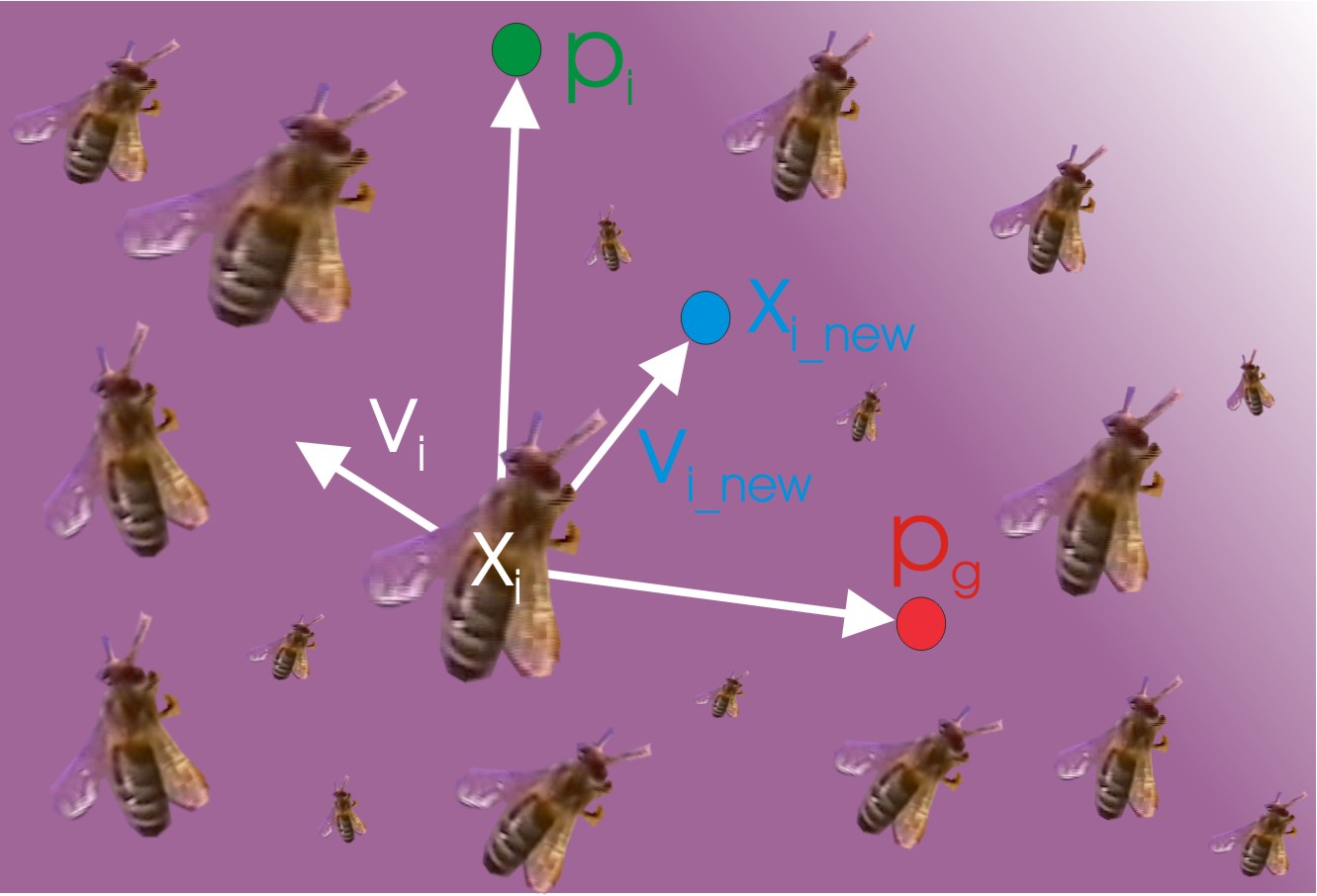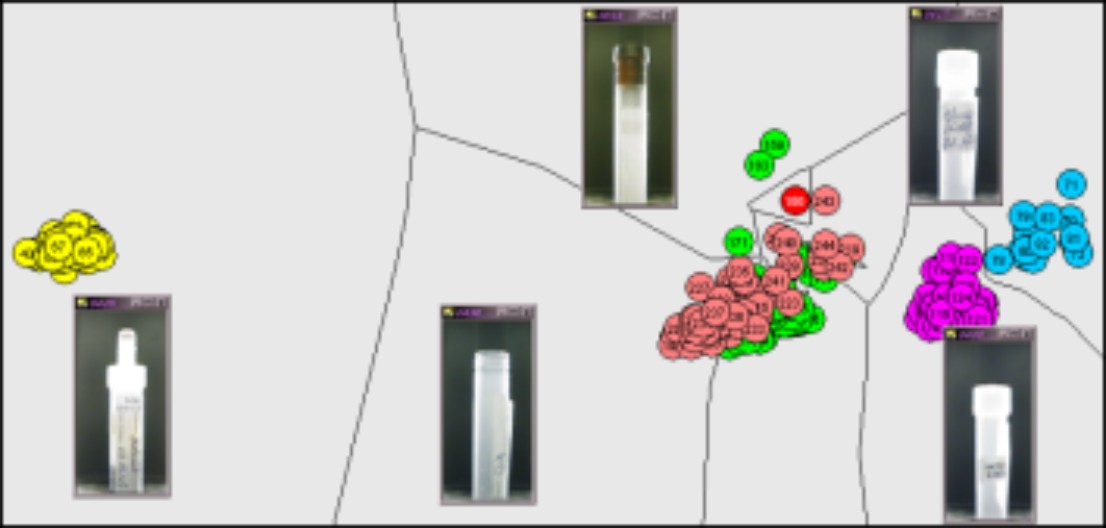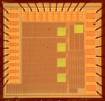Objectives: Hybridization provides the leverage to deal with complexity and performance challenges imposed on intelligent systems and their physical embodiment by current and emerging applications. The conference goals are to provide a forum for advanced methods from neural computing, machine learning, fuzzy logic, evolutionary algorithms, agent-based methods, quantum computing, and related techniques and their combination to efficient systems answering challenges from all disciplines of Science, Business, Engineering, Automotive, Medicine, Health, Environment, Horticulture, Agriculture, Bio-security, Biometrics, Bioinformatics, or Social Sciences.


In particular, approaches to systematic or automated intelligent system design, also explicitly including constraints of physical embodiments, distributed systems and implementations, as well as dynamic aspects of system evolution or adaptation to changing environment is a major focus of the conference.
Important dates:
- Paper submission (deadline extended due to numerous requests): 31 May, 2007
- Notification of acceptance: 5 July, 2007
- Camera ready papers due: 15 July, 2007
- Exposition and technical demonstrations: 1 May, 2007
Topics include but are not limited to:
- Novel & hybrid methods of soft computing, neural & evolutionary computing, signal & image processing
- Methodology & frameworks for automated HIS design
- HIS applications
- Evolving/adaptive HIS

- Intelligent Sensor systems
- Self-monitoring sensor systems
- Organic Computing systems
- Wireless intelligent sensor systems
- Distributed intelligent systems/sensor networks
- Bio-inspired HIS hardware
